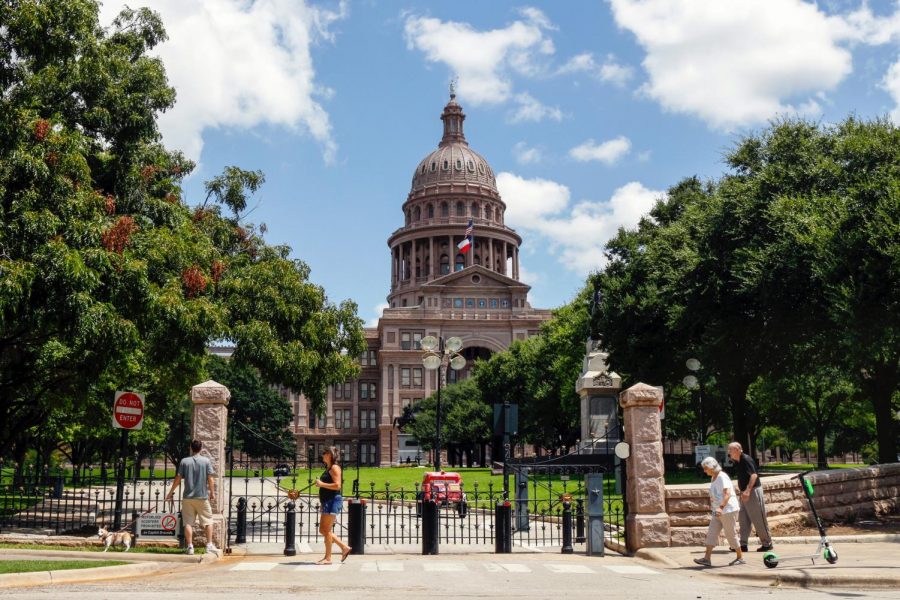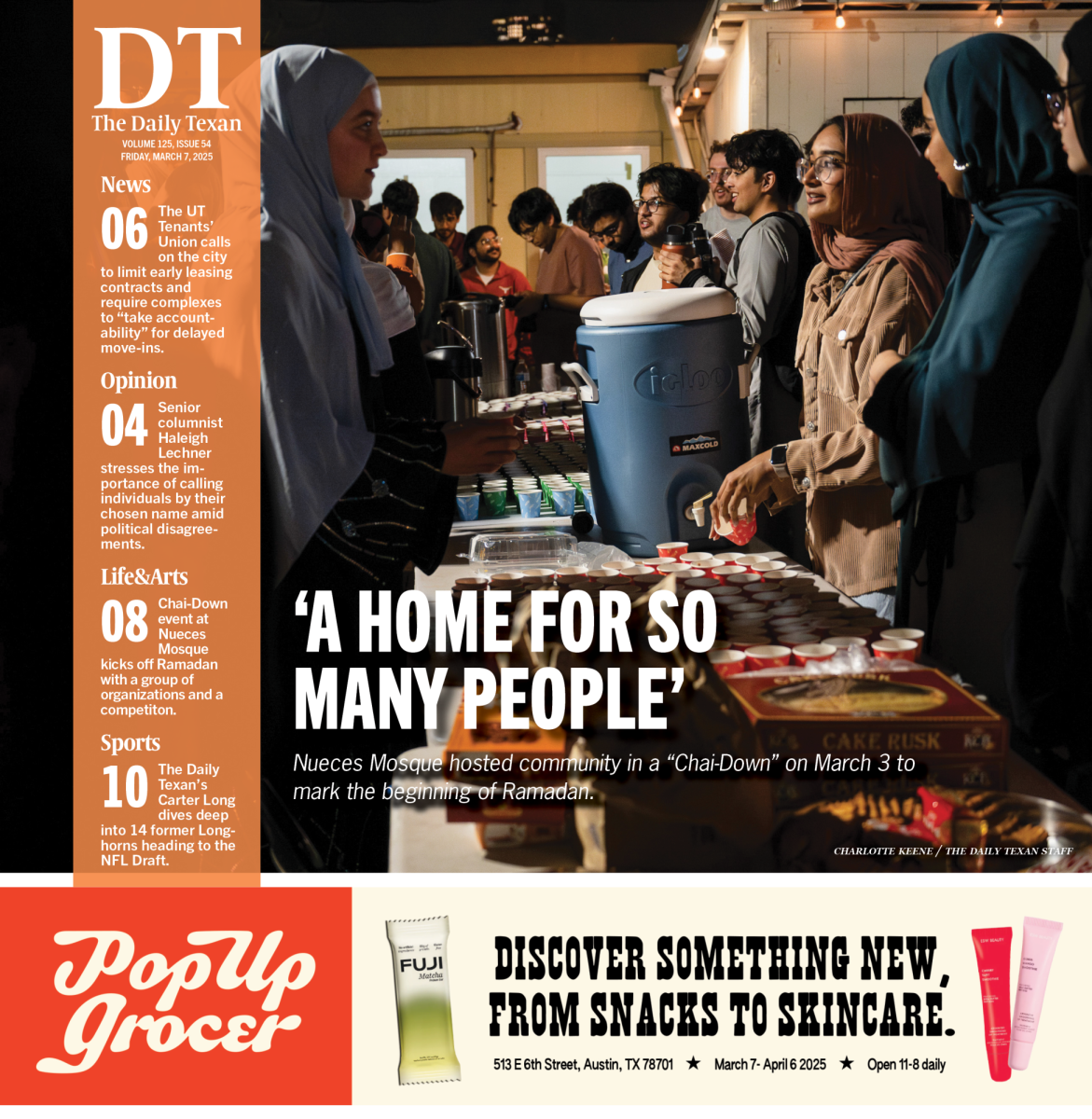Lawsuits aim to limit abortion-inducing medication access, affecting abortion, alternative uses nationwide
February 21, 2023
After the overturning of Roe v. Wade, the Texas legislature introduced bills in the state legislature to further criminalize abortion. Two lawsuits filed in Texas have the potential to limit access to abortion-inducing medications nationally.
One case filed in Amarillo, Texas seeks to specifically outlaw mifepristone, a drug commonly used in combination with misoprostol to perform medical abortions, Lauren Thaxton, a women’s health assistant professor and board-certified OB-GYN, said in an email. The other case, recently filed by Texas Attorney General Ken Paxton, aims to overturn federal guidance that pharmacies must provide abortion-inducing medication when prescribed for alternative uses, even in states like Texas where prescribing medication to fulfill a medical abortion is illegal.
People increasingly obtain both drugs online through self-managed medication abortion services because of restrictive abortion policies and in-clinic cost barriers, according to a 2021 brief by the University’s Population Research Center.
“While some people have attempted abortion self-management with methods such as herbs, teas, homeopathic remedies or self-harm, the growth of information-sharing on the internet has brought expanded access to the abortion medications mifepristone and misoprostol,” the brief said.
While misoprostol can be used alone to carry out the procedure and is considered an effective and safe option for abortion, Thaxton said misoprostol can cause an upset stomach, diarrhea and fever/chills.
In addition to medical abortions, Thaxton said medical professionals use misoprostol in routine labor induction and miscarriage treatment. Methotrexate, a different abortion medication, is also used to treat cancer and autoimmune diseases according to the National Library of Medicine.
“I think we will not know the true impact until it happens,” Thaxton said in an email. “But I can imagine that people with these other conditions will be affected.”
Sofia Feltwell, president of Students for Planned Parenthood and advocacy assistant with Planned Parenthood Greater Texas, said she felt angry and sad after hearing about the cases because of the impact they will have nationally on medical abortion access.
“If (either case) does go through, it just puts increased pressure and unfair pressure on people with uteruses,” psychology senior Feltwell said. “It just makes life harder in college when you already have so much else to worry about.”
In addition to her concern for people who use abortion medications for other purposes, Feltwell said she worries about the stigma and social pressure for college-aged students seeking a surgical abortion at a clinic.
Thaxton said both medical and surgical abortions are safe and straightforward processes. While anesthesia and staffing to provide anesthesia may be necessary in some cases, she said both in-clinic processes generally require the same amount of resources.
For students trying to combat restrictions on reproductive health, Feltwell said it’s important to maintain motivation and continue to find resources for people in need of reproductive care.
“Obviously, it’s hard, it’s a lot,” Feltwell said. “We can still fight and keep … moving past (abortion restrictions) and getting better protections for abortion and reproductive health in general.”











